Catch up on past Comics 201 posts: Villains, Continuity, The Great Publisher Debate, Crossover Events, What To Know, Indie Comics, Small Press & Self-Pub.
On Free Comic Book Day this year, I met a family of superheroes: two brothers, their little sister, and their slightly frazzled but very determined mom.
Mom had a lot of questions, not just about recommendations for books, but also about where to find things, how to tell what comics were okay for which kids, and how to support her kids’ geekery without going broke. Here’s a few of the questions she asked and some pointers for other parents who are trying to be good sidekicks for their young heroes.
How do I find comics for my kids?
The good news is that there are tons of great lists and articles to recommend good comics for kids, both classic titles and current series in a variety of genres.
The bad news is that “kids” are often lumped together as one big demographic under the age of eighteen, and rec lists don’t always specify which subset of “kid” a book is for. The other bad news is that, if your offspring have read all the books on the list or isn’t interested in any of them, there’s not much guidance beyond that.
But don’t lose heart, Super Mom! The best place to start is by looking for something specific. For instance, if your small person likes superheroes, find out if there’s an age-appropriate comic featuring their favorite. A-list heroes typically have a kids’ title or two on the shelves, especially if they’ve appeared in a movie or TV show.
Can’t find the hero? Look for their sidekick. That may seem roundabout, but young heroes are often featured in books aimed at younger demographics. This will lead you to a lot of things with words like young and teen in the titles, but be wary; the characters’ age doesn’t always correlate to the intended audience. Young Avengers, Young Justice, and the oft-cited Runaways are great for pre-teen readers and older but might be a little dark for the tiny ones. Teen Titans Go!, on the other hand, is all about the elementary-age fans.
Not all younglings are superhero lovers though, so you may be feeling extra lost in a sea of capes and tights. Never fear! Licensed adaptations are here to save the day!
If your kid has a favorite cartoon, odds are there’s a comic book based on it. Disney, Nickelodeon, and Cartoon Network do their best to capitalize on the “Kids + Comics = $$$” formula, and you can find any number of series that pick up where the show left off, like Avatar: The Last Airbender, or put the spotlight on secondary characters, like the various Adventure Time miniseries.
There’s a lot more to kids’ comics than pint-size heroes and TV spin-offs, but those, along with titles from the rec lists, give you a lot of good options to try out.
How do I know which comics are age-appropriate?
The ultimate question, and one without an easy answer.
This is a situation where you definitely don’t want to judge the book by its cover. Just because it looks like it’s “for kids” doesn’t mean it is, and making that assumption is what leads to store owners and librarians getting yelled at by angry parents. Since you’re asking these questions, you’re probably already engaged in your kids’ reading, which is awesome, and building that habit is what leads to kids becoming contributors for a popular entertainment journalism outlet. Thanks, mom!
Finding the right comics for your young geek may require a little extra engagement, at least to start, but it will get easier as both of you get a better sense of what’s out there and where to look. Publishers that create other kinds of kids’ media are usually a good sign. This includes companies like Cartoon Network and Disney obviously, but traditional publishers like Scholastic and Random house also produce comics and graphic novels alongside their regular children’s books.
Some online comics sources can also aid in your quest. Comixology and Scribd, which I’ll talk more about in a minute, both have categories for kids, and Ebay offers “Children” as a search refinement in its Graphic Novel listings, though getting to the listings in the first place is a little roundabout. (Hint: It’s under “Collectibles”, not “Books”.) If you’re very lucky, your local brick-and-mortar comics store might have a young readers’ section, but that’s not the norm, unfortunately.
Barring all else, the sure-fire thing you can do to protect your kids’ innocent eyes is read the book yourself, or even just flip through it. A quick skim of the inside pages will probably tell you right away what the target audience is and alert you to any “OH GOD NO” material. If doubt persists, just read it and see. Most comics are pretty fast reads, and you might even decide that you like it. If you’re rolling your eyes because you don’t want to “waste time reading little kid books”, then you clearly hate joy and need to reassess your approach to parenting.
My kid really likes this one book. Are there more like that?
Probably. I mean, there are only seven stories in the world, right?
While there may be fewer options for younger readers, there’s still a lot of variety. If your small fry finds something they like, try doing a little digging into the book itself. See if the writer or artist have worked on anything else for that age group or if the publisher has any other similar titles. Look for reviews of the book that might compare it to other things, and you can even check out the Wikipedia page for references and connections. There’s no guarantee, but following the research rabbit hole can lead to some very helpful places.
Barring that, just ask the writer. Approaching a professional author might seem intimidating, but here’s a secret: People who make comics? Are mostly big dorks. There are a few jerks, but comics publishing as a field is generally populated by people who are really excited about what they do. Be aware that the answer may not come quickly, and always check their website, Facebook, Tumblr, et cetera to see if they’ve already answered the question elsewhere. While comics creators are some of the nicest people in the world, they are also some of the busiest, and as a parent, you know that answering the same question over and over will try anyone’s patience.
Still, one of the coolest things you can say to a writer is, “Hey, I liked this thing you wrote, and I want to read more stuff like it.” So don’t be afraid to ask.
Comics are kind of expensive. How can I get everything my kids want to read without breaking the bank?
There are life-long comics fans who still haven’t figured this one out. Yes, comics are expensive, but so are club dues, sports equipment, and music lessons. Having kids costs money, and supporting kids’ interests costs even more money. It’s up to you how much you want to spend on reading materials, but there are a few things you can do to keep your budget in the black.
First of all, don’t buy single issues. They’re flimsy, difficult to store, and thirty percent of the pages are ads. Look for the title you want in a trade paperback collection, which is exactly what it sounds like: several issues collected in a paperback format. You’ll also see them called “trades” or TPBs. Unless your young reader is interested in extra material, like writer’s notes and sketches, you can skip the hardcover versions, which are often released as a fancy precursor to the paperback. The price mark-up from single to trade is minor, but it accumulates over time, especially for longer series.
Second, look into digital comics. The cover price is typically the same as print, but there are often discounts on older titles and lots of free issues. Comixology, now owned by Amazon, is the big-name, one-stop-shop for digital comics. The website has a huge selection of free first issues, which is great if you want to check something out before buying it for your kid. Comixology also features the fantastic Marvel Mondays sale, which has select Marvel titles on sale for 99¢ per issue every Monday.
Humble Bundle is another digital comics source, dealing titles from IDW and Top Shelf, that features “pay what you want” collections, optional donations to publishers and charities, and the occasional free bundle promotion. The books are mostly aimed at adult readers, but it’s worth checking out.
Both Comixology and Humble Bundle are free to use and only require payment for purchases. Some other digital comics portals, like Marvel Unlimited and Scribd, are subscription-based and offer access to a catalogue of free comics. Marvel Unlimited is notable mostly for giving users free reign of nearly every Marvel back-issue in existence, which is great for hardcore Marvel-ites, but a lot like drinking from the water hose for casual readers.
Scribd is a library subscription service that offers a modest selection of digital and audio books. What sets it apart from other digital libraries is that it also features a pretty awesome comics section. The comics portal is also divided into categories that are actually useful, like “Top Women Creators” and “Cartoon Network Hits”, unlike the alpha by title of comics shops and the impossibly unhelpful alpha by author organization of most libraries.
Speaking of libraries, the third option for the budget-conscious Super Parent is the public library. As a voracious reader in a low-income family, I would have read my parents out of house and home if there hadn’t been a library branch across the street from my elementary school. Selections can be spotty, depending on your location, but the recent rise in comics popularity has helped fill the library shelves. There’s also the magic of interlibrary loans, and you can submit requests for any books you want.
Finally, you can always look for a used copy of the trade. Half.com is a good place to check, since it indexes both Ebay and Amazon Marketplace, and most used book stores will have a section for manga and graphic novels. Small comics conventions can also be a good source for discount books, since a lot of vendors use the opportunity to clean out their inventory by offering less popular volumes at lower prices.
Guiding a young comics geek is a tough job, especially if you’re new to all this stuff. It’s like learning a new language, then having to translate it back into another language you only just started speaking. The good news is that there are a lot of resources out there, including a diverse community of grown-up geeks who are always excited to talk about this thing they love, some of whom, like you, are raising their very own baby nerds.
For more of the nitty-gritty on the world of comics, check out previous Comics 201 posts, and feel free to send me a message with any extra questions. Find a local comics store, check out Free Comic Book day, hit some conventions, chat with some geeky parents, then take a deep breath and remember you’re not in this alone.
You can do this, Super Mom. Now go buy your kid some comics!
Jordan West is an obsessive writer, dedicated cosplayer, and fake geek girl living in Minneapolis. Specialties include ultra angsty fan fiction, feminist commentary, and co-captaining the WTF Comics Club. Follow Jo on Facebook for ongoing hijinks.
—Please make note of The Mary Sue’s general comment policy.—
Do you follow The Mary Sue on Twitter, Facebook, Tumblr, Pinterest, & Google +?



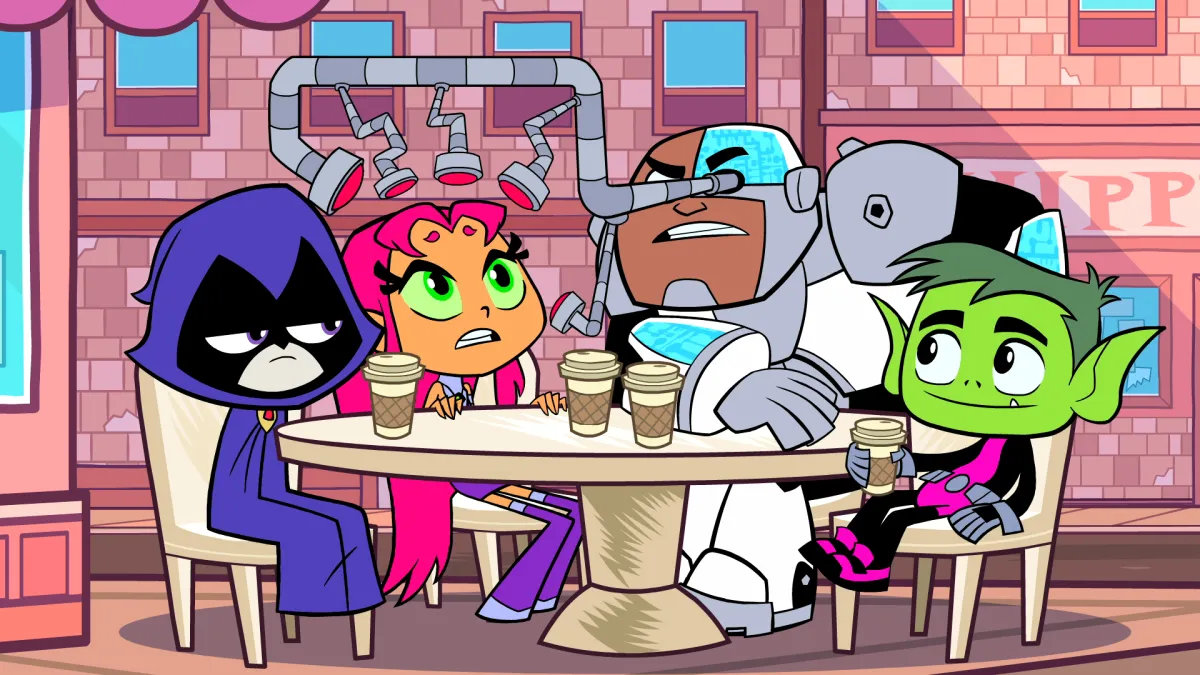
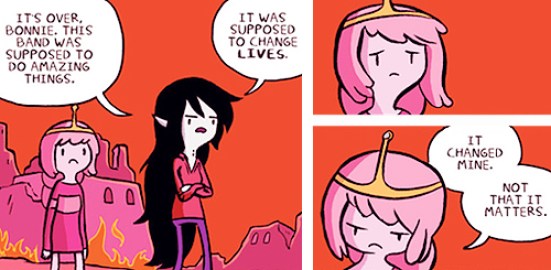
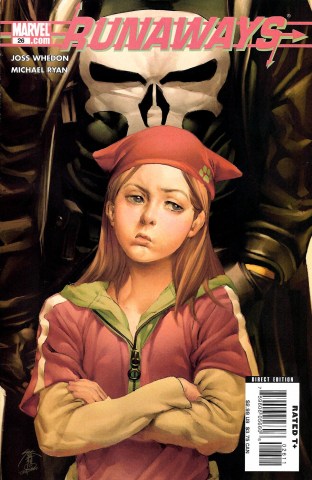
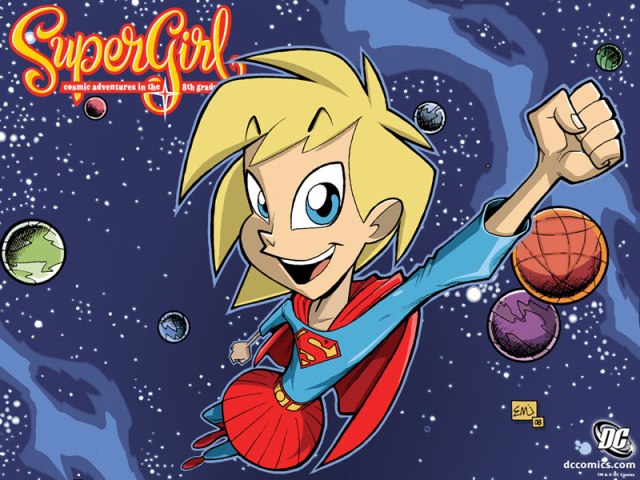
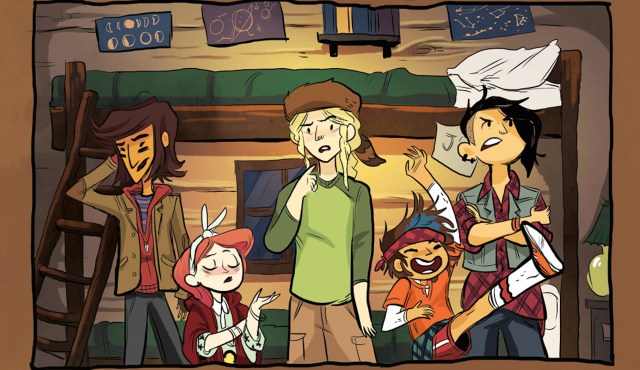
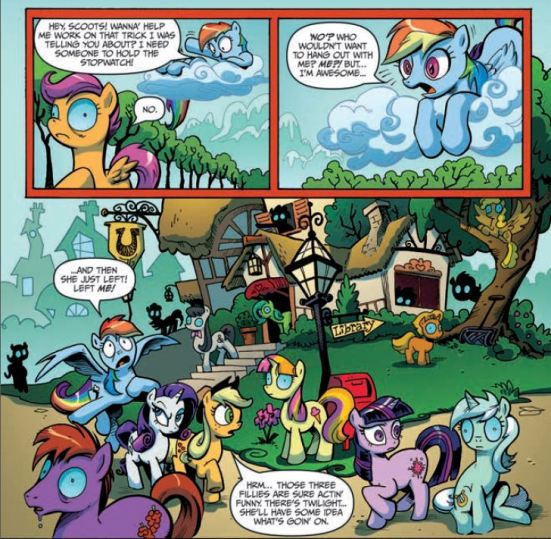


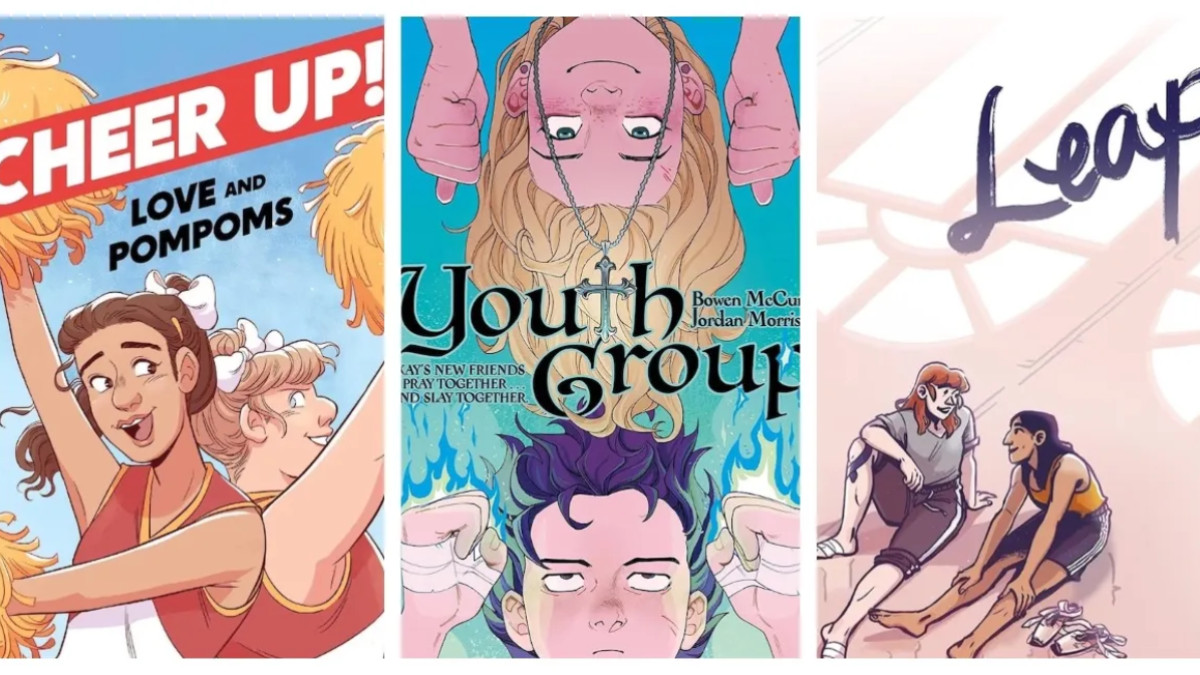


Published: Jun 3, 2015 08:00 pm